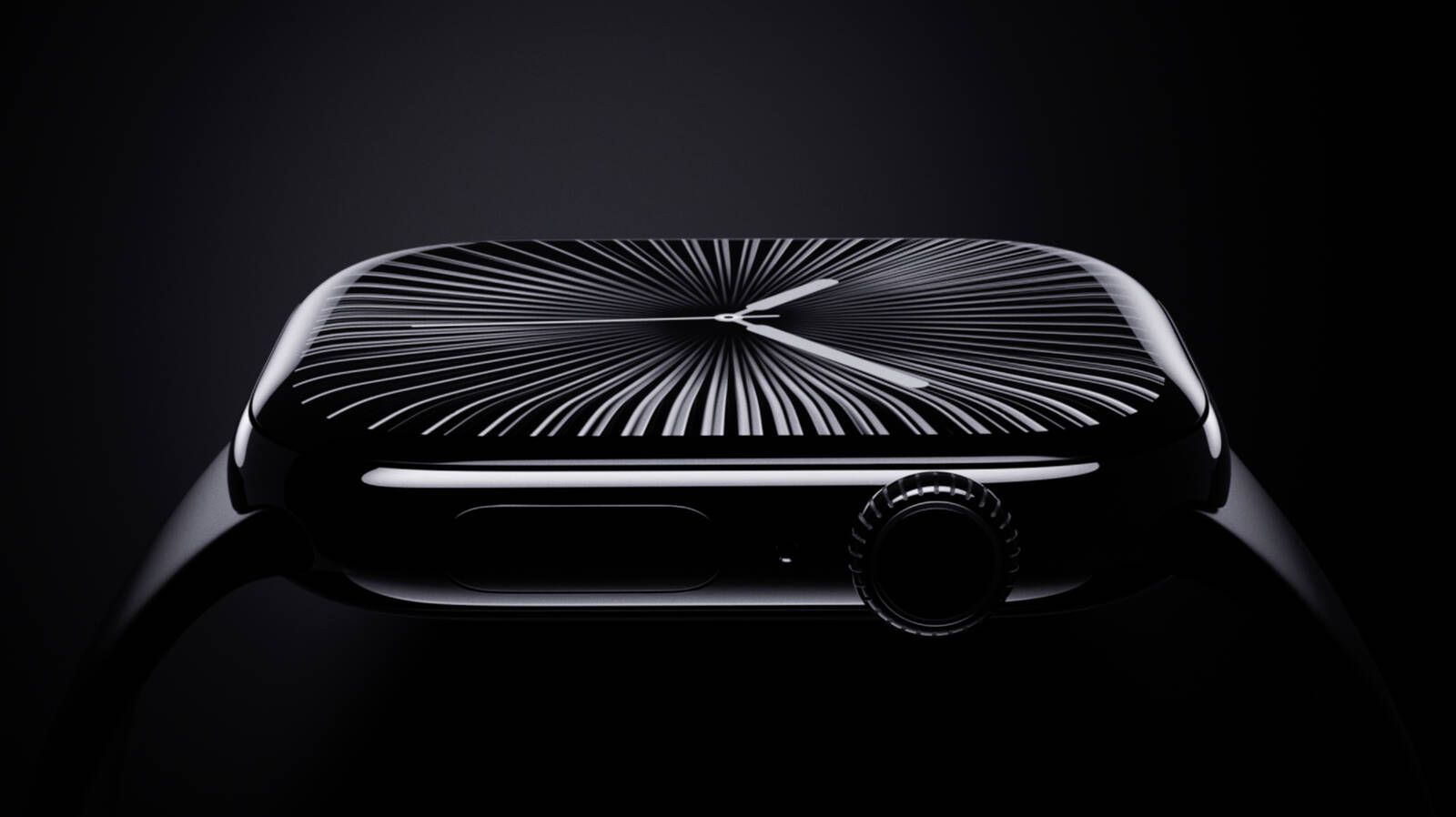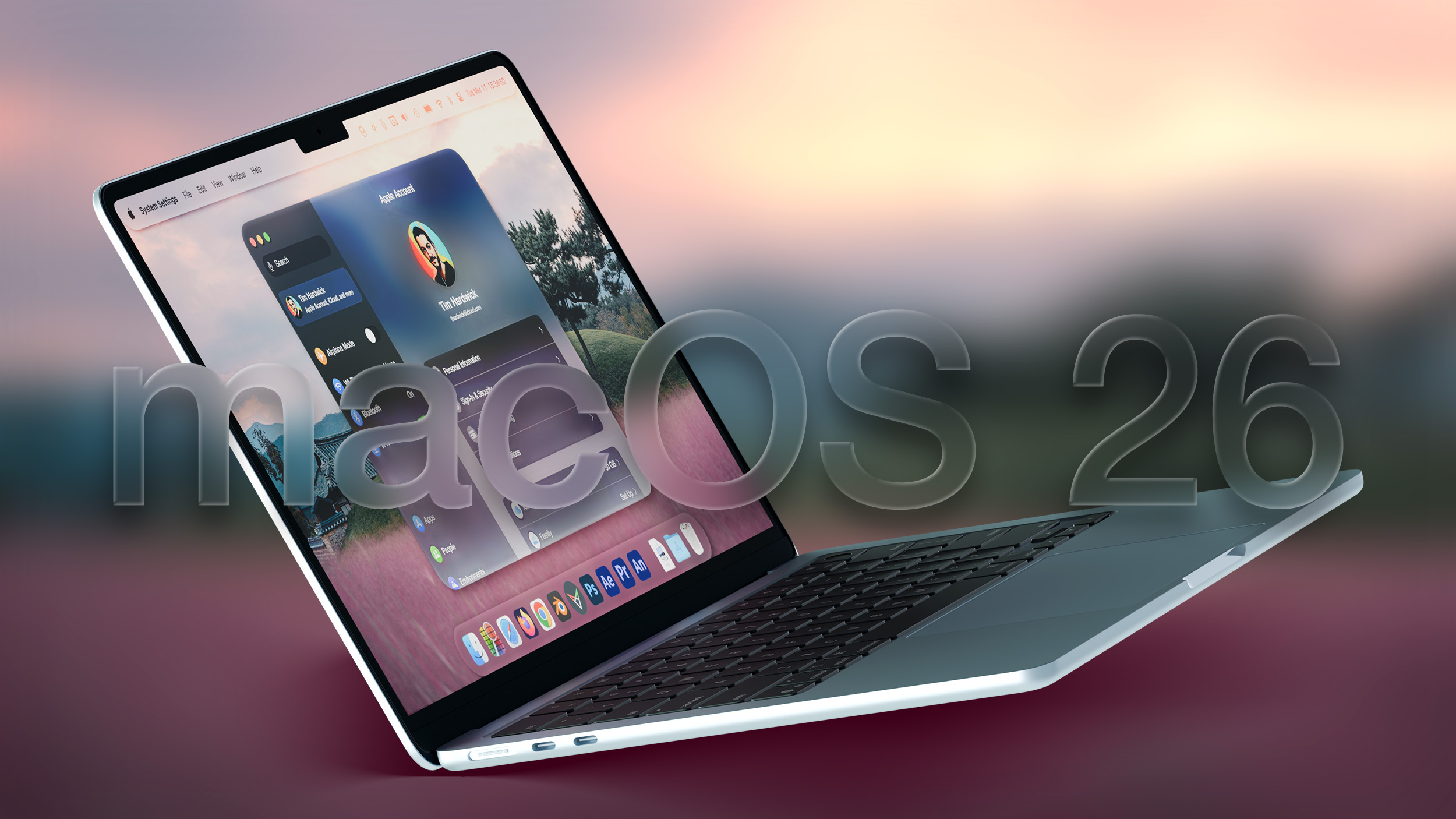 T-Satellite is spell for takeoff.
T-Satellite is spell for takeoff.
After spending the archetypal fractional of the twelvemonth successful beta testing, T-Mobile’s Starlink-powered outer service volition go nationalist connected July 23rd. While it volition lone see messaging astatine launch, the institution has immoderate ambitious plans to grow the work earlier the extremity of the year.
When it goes unrecorded adjacent month, “T-Satellite” volition beryllium disposable arsenic an included work with just 1 T-Mobile plan — Experience Beyond — and volition different outgo $10 per month. Like the beta service, it volition beryllium disposable to anyone successful the US, not conscionable T-Mobile customers.
At launch, T-Satellite volition lone see SMS connected Android and iOS, arsenic good arsenic MMS connected Android. T-Mobile says that MMS connected iOS is “to follow.” And connected October 1st, its outer connectivity volition get different upgrade: data.
But don’t expect to beryllium capable to usage each app connected your telephone successful a dormant portion conscionable yet. The institution has a fistful of app makers that it “anticipates” volition alteration outer information connectivity, including AllTrails, Accuweather, and WhatsApp. The announcement besides names Apple and Google arsenic partners, but doesn’t database circumstantial apps from either company.
T-Mobile’s attack to outer connectivity looks a small antithetic from the competition’s. Verizon and AT&T person both partnered with AST SpaceMobile to supply outer work to customers. Earlier this year, the companies demonstrated cell-to-satellite calling. Of the two, lone Verizon has introduced messaging for customers — and it’s constricted to definite Android phones astatine the moment.
Verizon and AT&T have taken issue with T-Mobile and Starlink’s genitor company, SpaceX, claiming its outer implementation volition hamper their efforts. It doesn’t look similar those complaints person slowed Starlink and T-Mobile down.
 (2).png)











 English (US) ·
English (US) ·